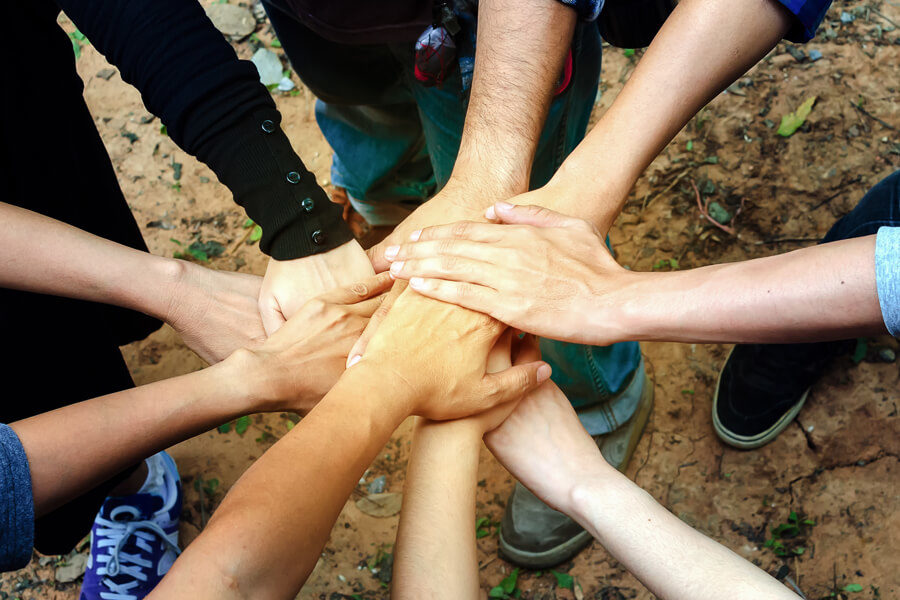‘You can’t do this alone’: Working together across sectors to create change

DATE
TYPE Prevention Centre News
Engagement with policy makers and advocates across sectors – and bringing together a team of researchers with a wealth of knowledge from other sectors – has been a foundation of her influential work, which focuses on how liveability influences health and wellbeing.
“People with public health backgrounds are the smaller part of our team,” Professor Giles-Corti told the webinar.
“We’ve had computer scientists, geospatial scientists, psychologists, sport scientists, ecologists, environmental health people and people with planning and transport backgrounds.”
PreventionWorks LIVE is a series of webinars examining how changemakers have achieved real impact for the health and wellbeing of communities.
Prevention Centre Co-Director Professor Lucie Rychetnik introduced Professor Giles-Corti as one of the most influential and impactful health researchers in Australia.
“Billie is a changemaker not only because of the innovative nature of her work, but also just the way her research has engaged and influenced important sectors that sit outside of health sectors, like planning and transport, that also have enormous influence on all of our health and wellbeing,” she said.
Professor Giles-Corti, Vice-Chancellor’s Professorial Fellow at RMIT University, has led the study of liveability in Australia – that is, how urban environments can help deliver better health outcomes. As part of her work with the Prevention Centre, she has created practical ways for policy makers to measure, benchmark and monitor and liveability in their cities for the first time.
She emphasised the importance of creating a diverse team, working with policy makers, and learning the language of other sectors – and understanding the issue from their viewpoint – to create research that influences policy.
“Putting all that expertise together is the key to success. If you want to be successful, the answer is collaboration, because you can’t do all this by yourself.”
In a wide-ranging webinar, Professor Giles-Corti expanded on her insights for creating research that has a real-world impact.
She acknowledged the challenge that faces today’s early to mid-career researchers – the focus on the metrics of publications – in contrast to when she finished her PhD.
“I had one publication at the end of my PhD, a qualitative paper in the Health Promotion Journal of Australia. I didn’t publish anything else for a number of years, because immediately after my PhD I moved to Albany to set up the university campus on the south coast of Western Australia,” she said.
“At the end of the day, my advice for anyone is just to focus on good ideas. The only way you’ll get be really successful, the only way you’ll have a high-impact publication, is through good and important ideas.”
Professor Giles-Corti’s lessons for how to create change
- Form partnerships with policy makers and practitioners
- Undertake policy-relevant studies
- Create a dynamic high-quality scientific enterprise
- Understand the policy world you are trying to influence
- Distill the evidence for policy makers in a user-friendly format
- Respond to calls for submissions
- Work with advocates
- Be alert to broader policy issues
- Find a topic that fascinates you but focus on what is important
- Collaborate with people you respect, and who respect you
- Look after yourself
- For funders: understand this research takes time and must be resourced.



